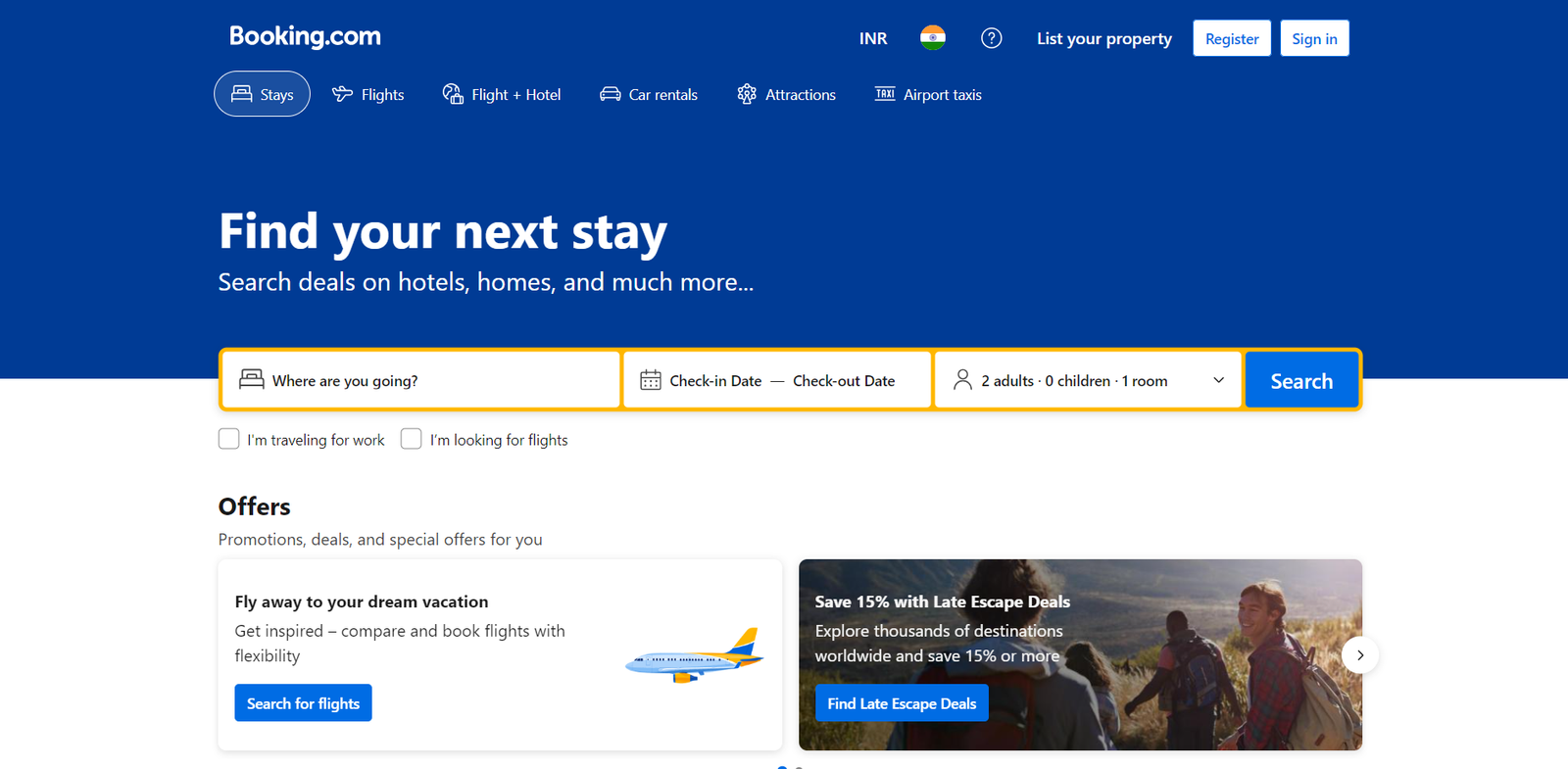Booking.Com Can Get Hacked: Know About The SCAM!
Hackers are fooling hotel personnel to steal Booking.com user data. Since March, cybercriminals have offered to pay for more hotel login credentials in this fraud.
Hackers are bothering Booking.com customers. Cybercriminals beg for help on private online forums to find victims. They will pay up to $2,000 for hotel logins to target guests. These con artists have been deceiving clients since March and are growing brighter. According to the BBC, research shows how hackers operate. While Booking.com hasn’t been hacked, these hackers are breaking into associated hotels’ systems.
Travelers from the UK, Indonesia, Singapore, Greece, Italy, Portugal, the US, and the Netherlands have reported Booking.com fraud.
Experts claim hackers impersonate former hotel customers who left their passports to fool hotel workers. Instead of passport photographs, they send emails with links that install malware on staff PCs. This malware searches the hotel’s systems for Booking.com. Hackers can see all lodging and vacation bookings once they obtain access. They call these consumers using the official app and deceive them into paying the hackers instead of the hotel.
Hackers are generating a lot of money with this scam and are proposing to pay other criminals for more hotel system access. Rafe Pilling from Secureworks Counter Threat Unit says hackers are using this scam well since the emails look like they’re from a trusted source, making it easier to deceive real customers. The Booking.com app tricked Lucy Buckley into paying hackers £200. They threatened to cancel her Paris hotel reservation if she didn’t deliver. She recovered her money from the bank, but it was sent to Moldova.
Booking.com is aware of the issue and helps partners safeguard their systems and help consumers recover lost money. Graham Cluley, a cyber-security expert, proposes that Booking.com hotels implement multi-factor authentication to prevent fraudsters from logging in. To protect customers from newly created bogus websites aimed to steal their money, he advises Booking.com to be extra vigilant regarding chat connections. To gain access to booking.com consumers’ personal information, hackers deceive hotel employees into installing malicious software. Once they’ve gotten access to one hotel system, the cybercriminals will offer to pay to get access to any other methods. The problem has been identified, and Booking.com is working to fix it and help its clients.


















